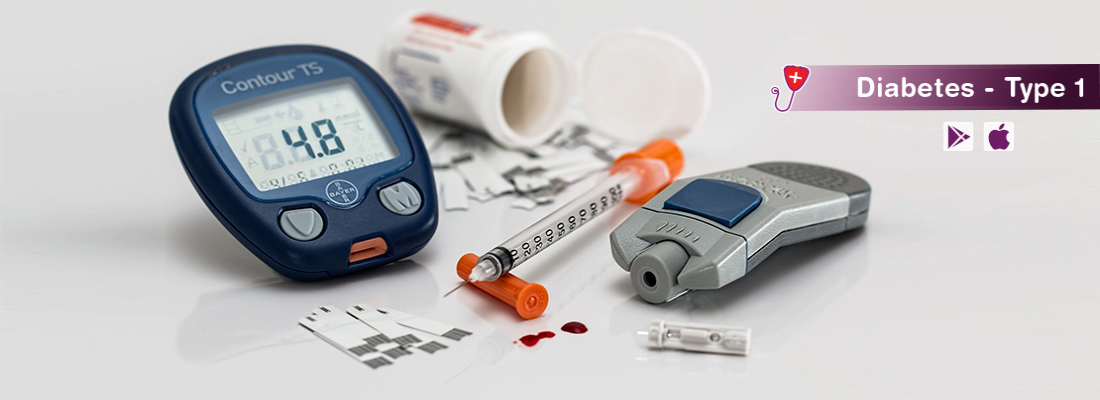
Overview
Medically reviewed by Dr. Rabeya Afroz Shomi
What is Type 1 Diabetes Treatment?
Type 1 diabetes is a condition human body, when the body can’t make a harmone called Insulin, which causes blood glucose level in human body to get too high.
But, with a proper care and disease management, people suffering with type 1 diabetes (T1D) can live a long and happy life. Now, with best medication types people may choose the treatment option according to their particular circumstance. A combination of treatments and lifestyle choices may help drastically in improving T1D prognoses.
Is Type 1 diabetes completely curable?
Though, research on type 1 diabetes has been underway for decades, it has been unsuccessful in providing an antidote for permanent solution of this problem. But, yeah the type 1 diabetes can be controlled with various treatments and abstention. An ideal cure for any disease would be to eliminate the cause of that disease from its root. Being more realistic in case of type 1 diabetes, if there is a need for injected insulin to achieve normal blood sugars, it can’t be the permanent solution.
Is diabetes Type 1 dangerous?
Type 1 diabetes has no cure. There is a need for constant careful self-management and good medical treatment as it may cause serious complications if left untreated. It is important to recognize the early warning signals, such as increased thirst and urination, and you must consult your doctor when these symptoms occur. You will need to stabilize your blood sugar levels on a daily basis and follow your doctor's treatment plan, if diagnosed with type 1 diabetes. In case your blood sugar levels get too low or too high, serious complications can occur.
Can you live a long healthy life with type 1 diabetes?
Though, it is true that a person suffering from Type 1 diabetes may have shorter life expectancy but a lot depends on glucose control. A well-controlled and maintained diabetes may have little effect on life span. Blood vessels, nerves are damaged by high blood sugar that further causes poor circulation and functioning of important organs like the heart, kidney, and eyes. Type 1 diabetes may get extremely uncontrolled unless the right amount of insulin is delivered at the right time of the day, also, keeping in mind the diet that patient is consuming.
What are the post-treatment guidelines?
A type 1 diabetes patient must take care of his glucose level and must be conscious about his/her diet plans and sleeping habits. Here goes some important guidelines for post-treatment for type 1 diabetes patient.
- Keeping a frequent check of blood glucose with a meter is an essential part of post-treatment for a type 1 diabetes patient
- Assess insulin requirements prior to eating, and determination of blood glucose level for sleeping, can help keep people with diabetes on track.
- Continuous glucose monitors (CGMs), which test glucose every couple of minutes, may help people with type 1 diabetes.
- Getting A1C checks four times a year
- Frequent blood glucose checks
- Diabetes education and support from knowledgeable health care providers is essential.
Is Type 1 diabetes genetic?
Though, the scientists are yet to find the main causes of type 1 diabetes. But, yeah, genetics, family history, and environmental factors appeared have to played an important role in the development of such serious health situation. Human genes definitely play a crucial part in type 1, a less common form of diabetes that’s often diagnosed in children and young adults.
There’s no diabetes gene that gets turned on or off to give you type 1. Certain genes are more common in one group of people than in another. That’s why race and ethnicity affect things, too. But even if you have genes that make you more likely to get type 1, that doesn’t mean you definitely will. According to experts, it is also true that for most people who have diabetes, it is not the result of a straight genetic group of factors or to environmental ones, but rather it is a combination of both.
What are the Side effects of the treatment ?
Type 1 diabetes treatment may have these side effects relatively suddenly:
- Increased thirst
- Frequent urination
- Extreme hunger
- Unintended weight loss
- Irritability and other mood changes
- Fatigue and weakness
- Blurred vision
